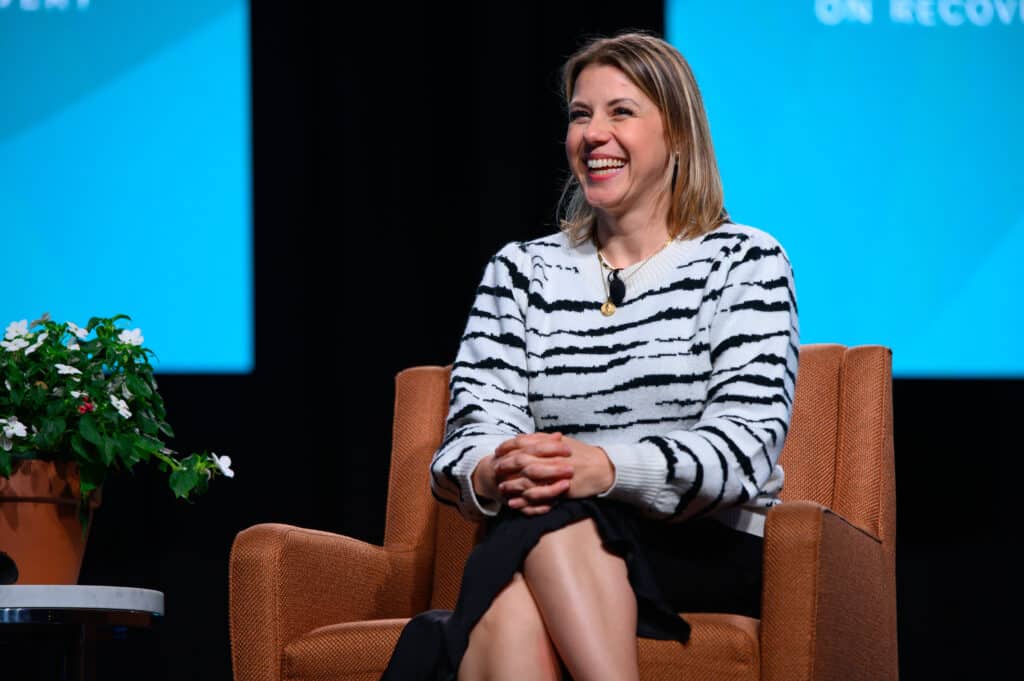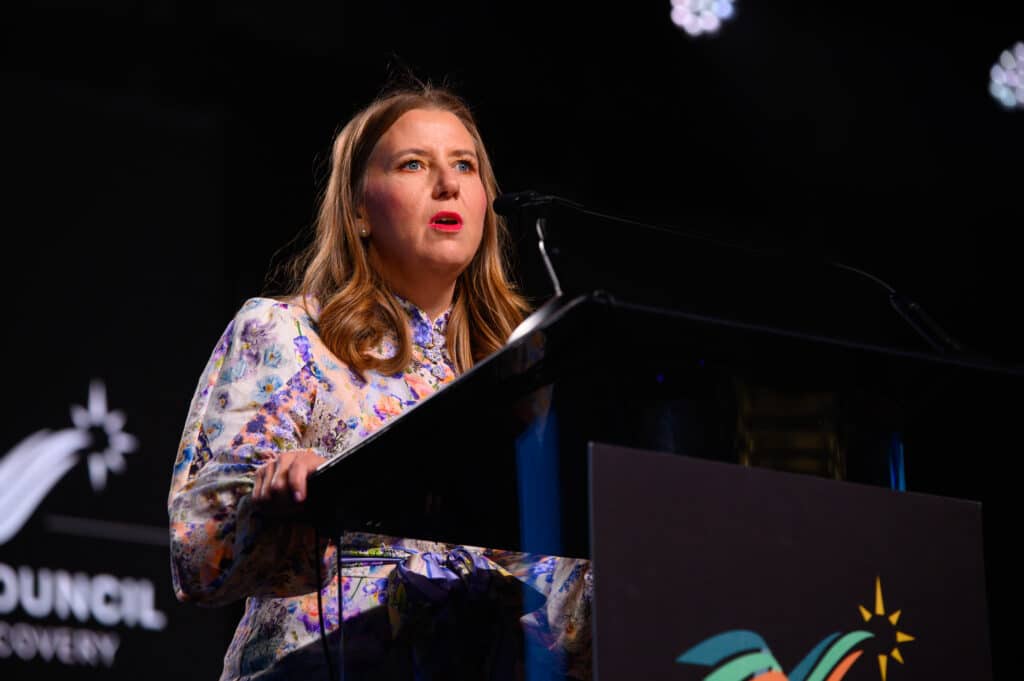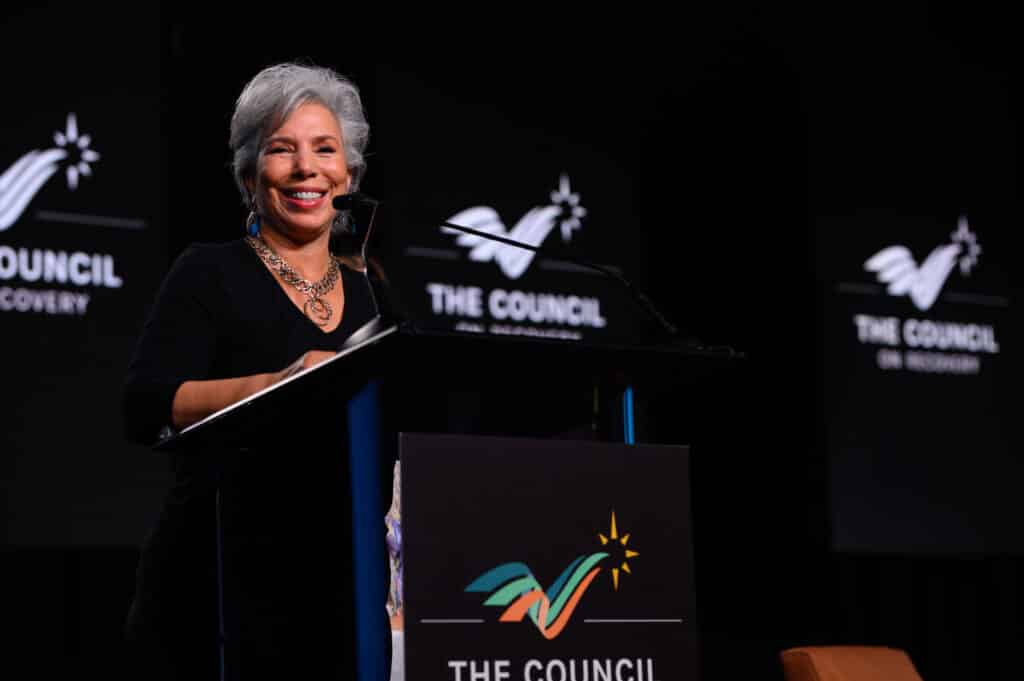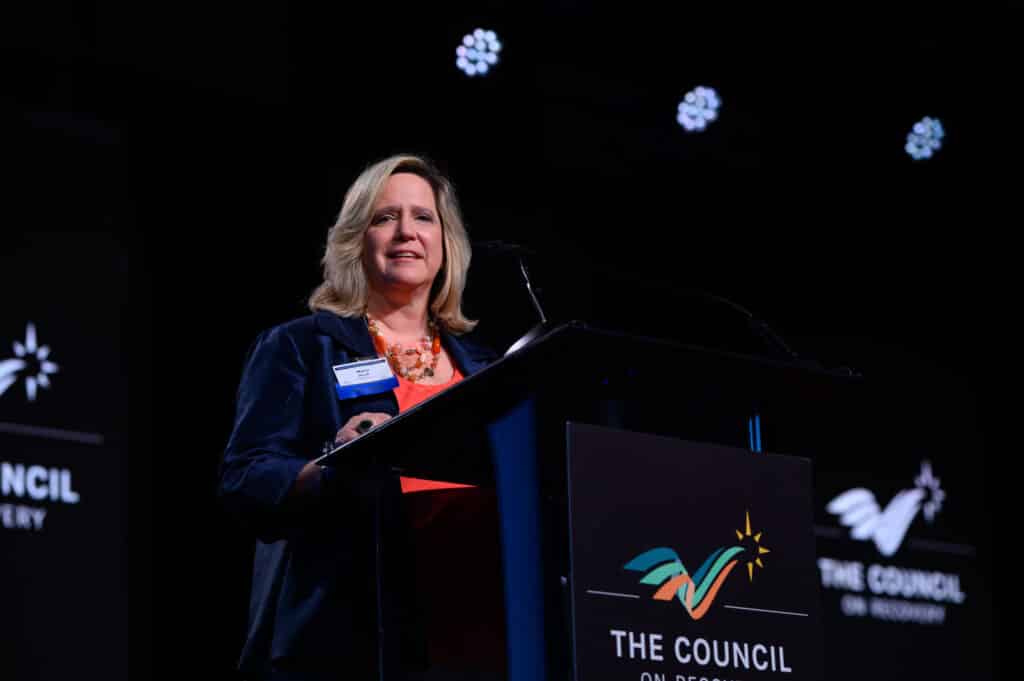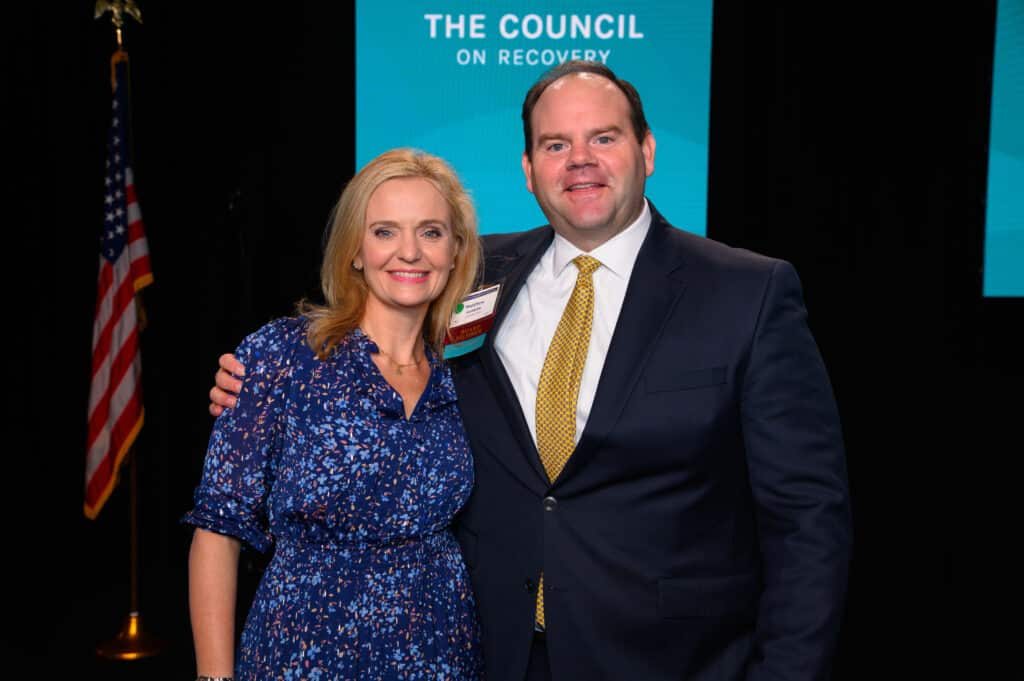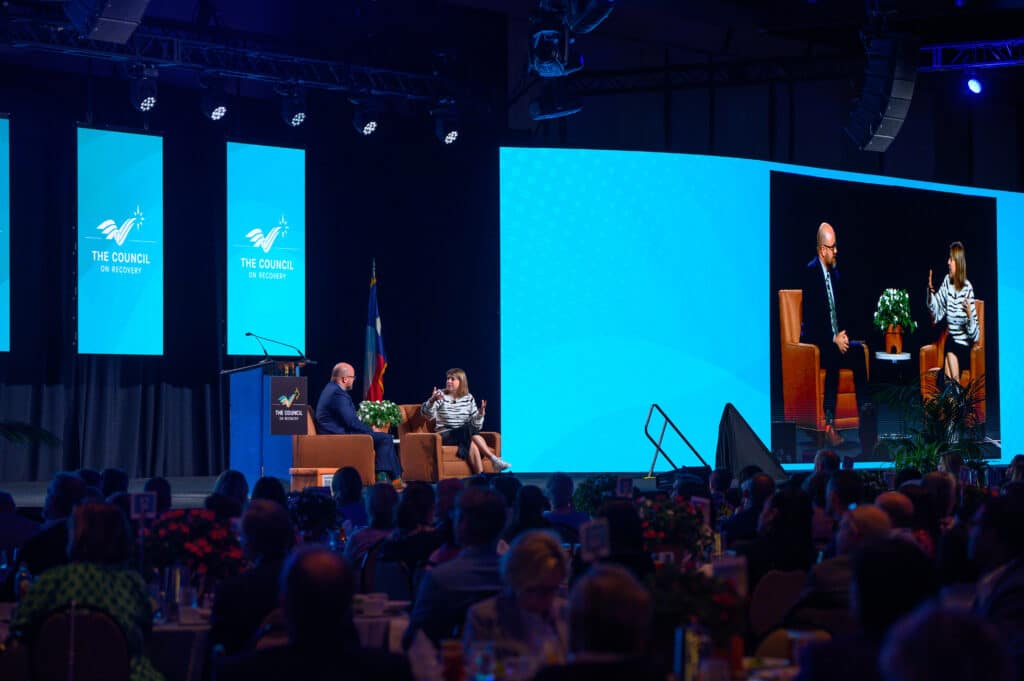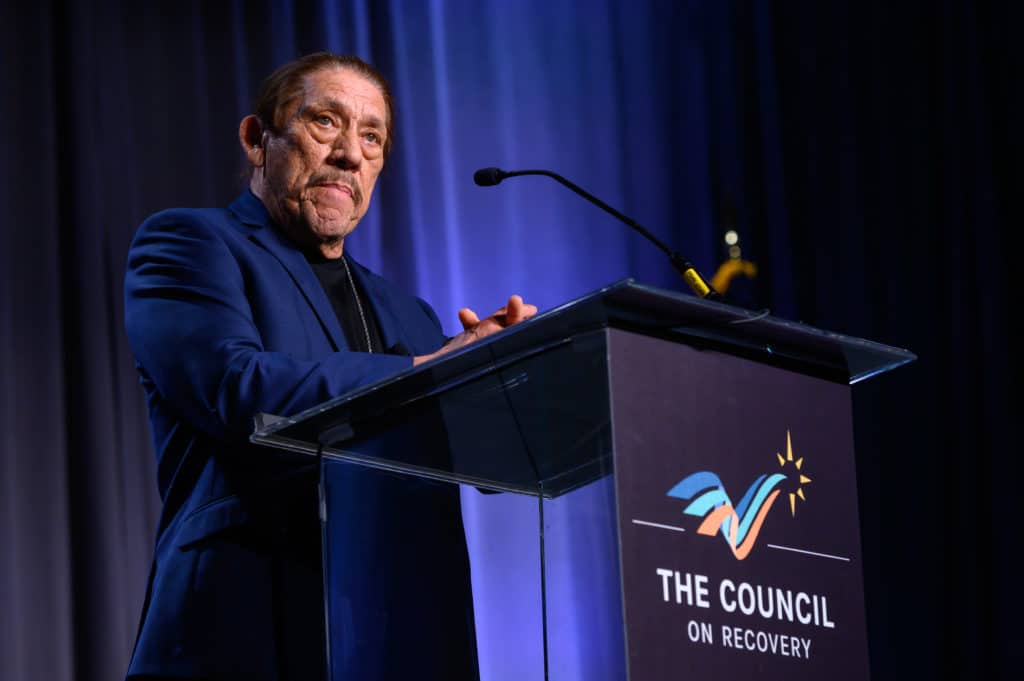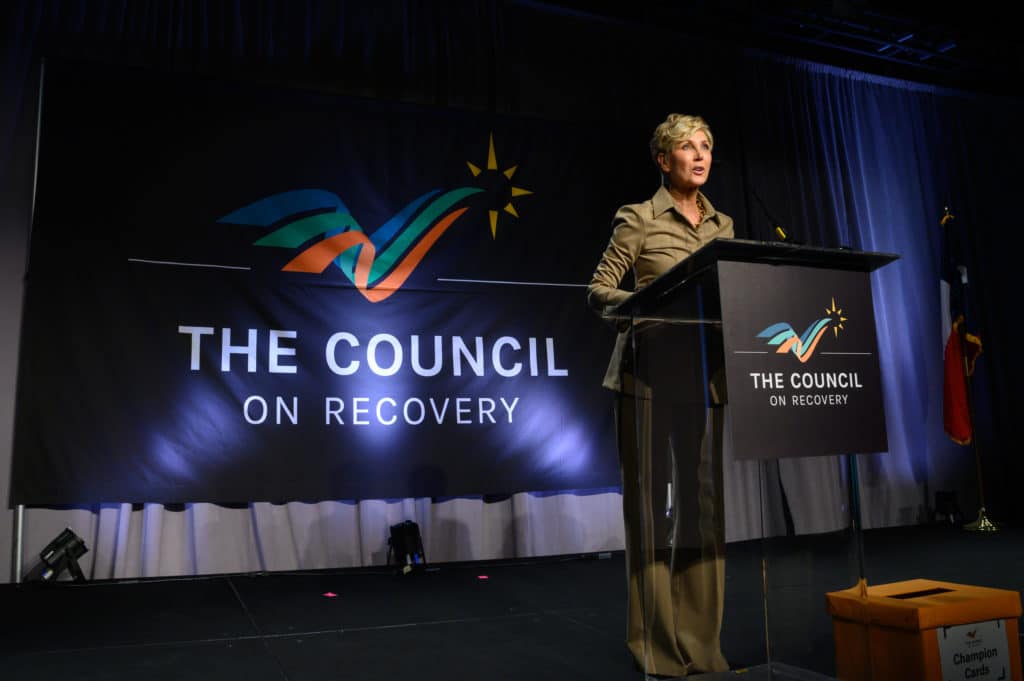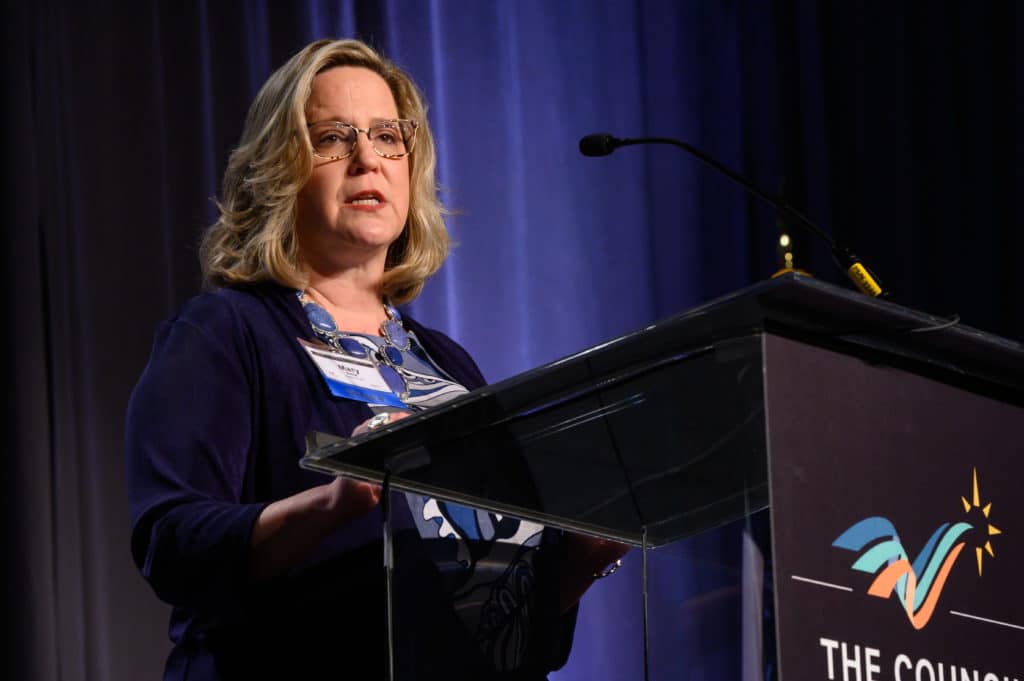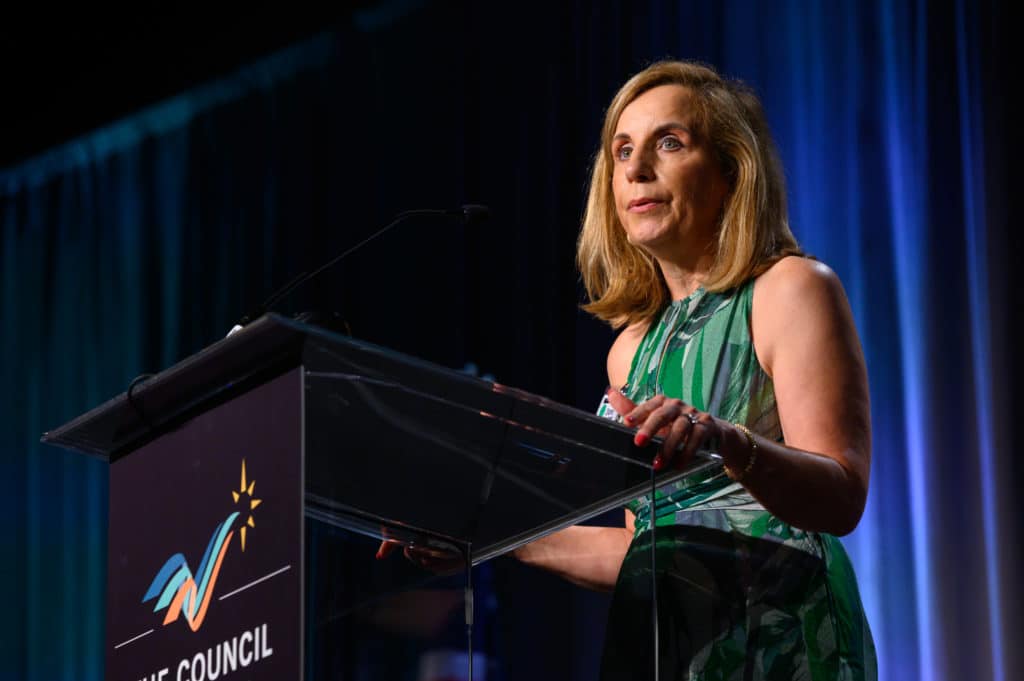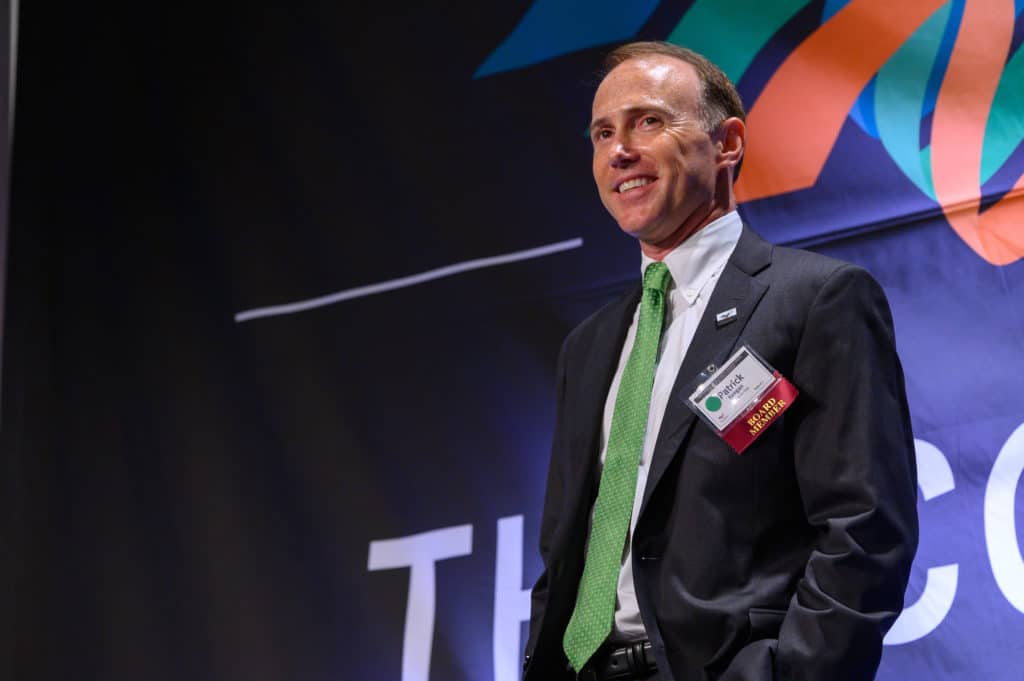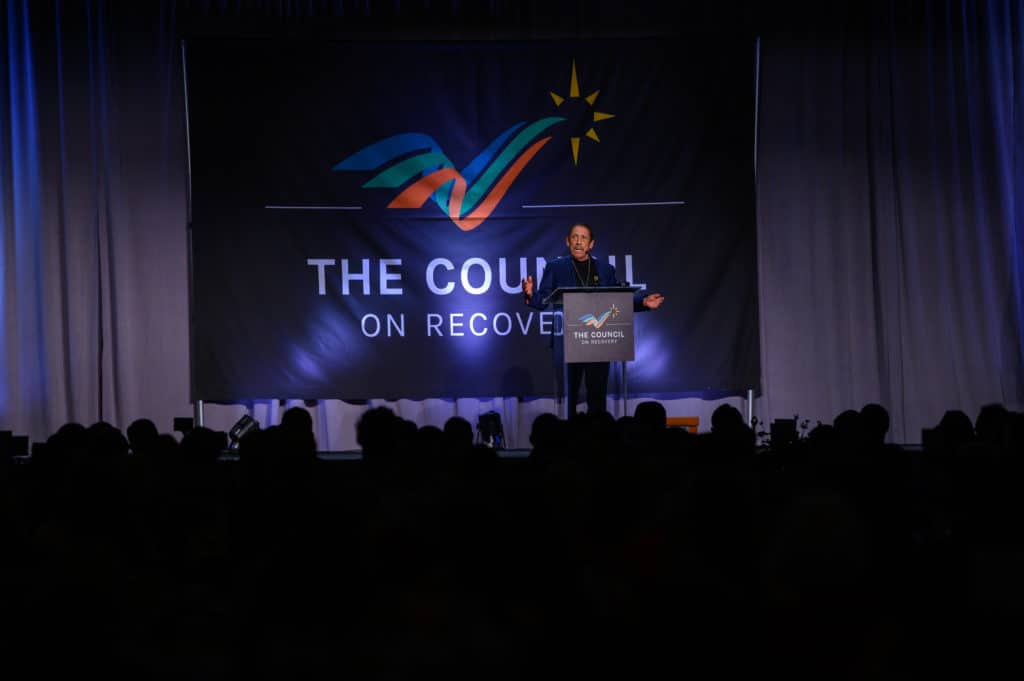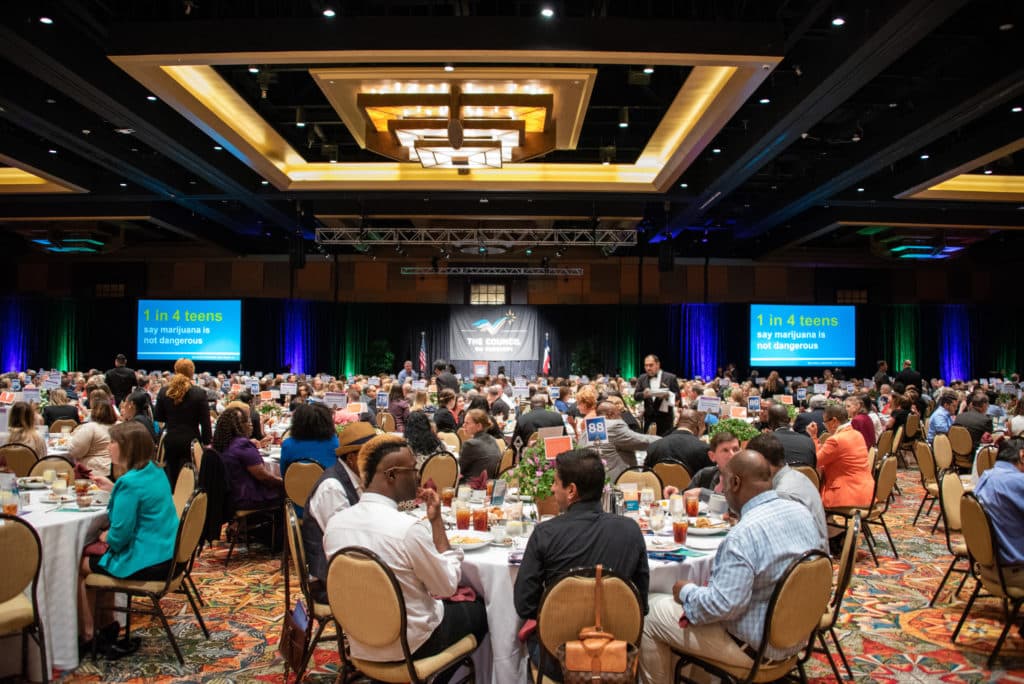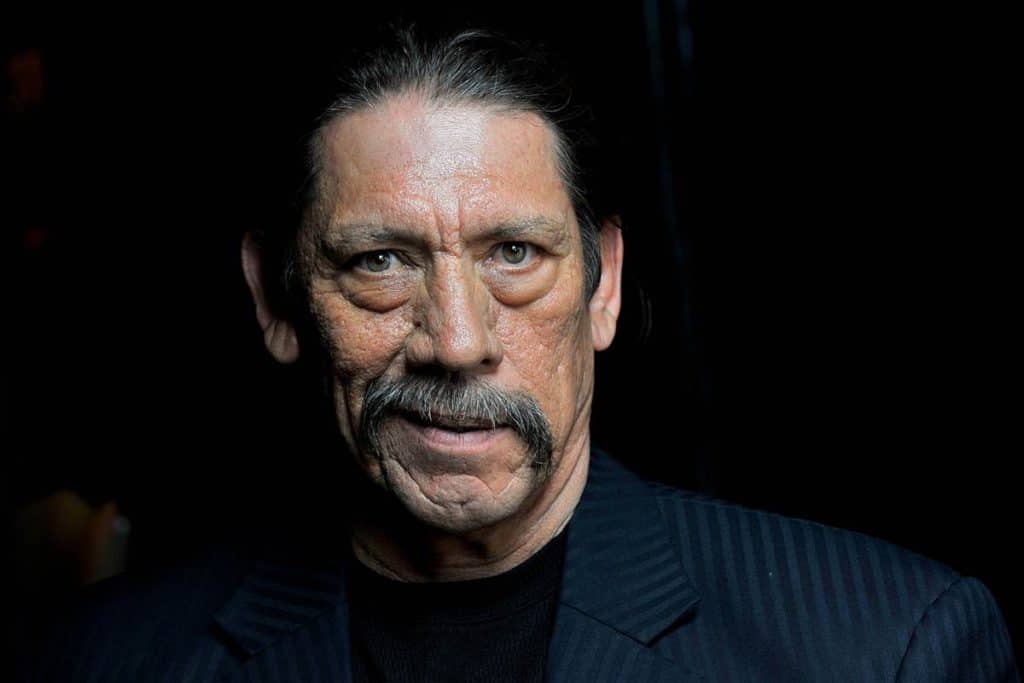
Houstonian and New York Times bestseller Brené Brown inspired a crowd of more than 1,500 Houstonians at The Council on Recovery’s 40th Annual Spring Luncheon on Friday, April 19, 2024. Co-chaired by Diane Erbstoesser, Pasha & George Joseph, and Neeraj Parasher, the event raised more than $932,000 to help individuals and families impacted by substance use disorders and co-occurring mental health conditions.
Board of Trustees member Jerri Duddlesten Moore welcomed guests and highlighted the Speaker Series’ legacy of education and awareness. Executive Pastor Matt Russell from Chapelwood United Methodist Church provided the invocation.
The Council’s President and CEO, Mary H. Beck, LMSW, CAI, emphasized that recovery is at the heart of the organization’s mission. She highlighted the organization’s expansion of services and capacity over the past two years, which aimed to reduce stigma and enhance campus events. “Today is a living, breathing testament to this mission,” emphasizing the luncheon’s impact in fighting addiction stigma and fostering recovery paths. Beck also stressed the ongoing commitment to this mission beyond the event, stating, “Our mission lives on beyond these walls,” as she outlined initiatives to expand treatment, develop future leaders, and enhance community partnerships. Beck affirmed their continuous effort to transform lives, underscoring, “We continue to approach our work with intent and passion.”
Luncheon Co-Chairs Pasha & George Joseph, and Neeraj Parasher followed with moving testimonials on how addiction has impacted their own lives.
George Joseph highlighted the transformative impact of addiction recovery, sharing his own experiences and the pivotal role of community support. He emphasized the significance of recovery efforts, stating, “One person’s recovery can affect hundreds and prevent generations of dysfunction.”
Joseph praised Houston’s extensive recovery resources, noting its position as home to the largest Council in Recovery. He celebrated the community’s role in reducing stigma and educating others about addiction, underscoring the importance of events like the luncheon in spreading awareness and support.
Neeraj Parasher shared his transformative journey from addiction to recovery, emphasizing the profound role of hope in his life. He recounted the despair of waking up alone on Christmas Day 2018, a pivotal moment that led him to seek help. “I’m just thankful to be alive and free,” Neeraj expressed, grateful for the support from his sponsor and the Alcoholics Anonymous community that heard his “screams for help.”
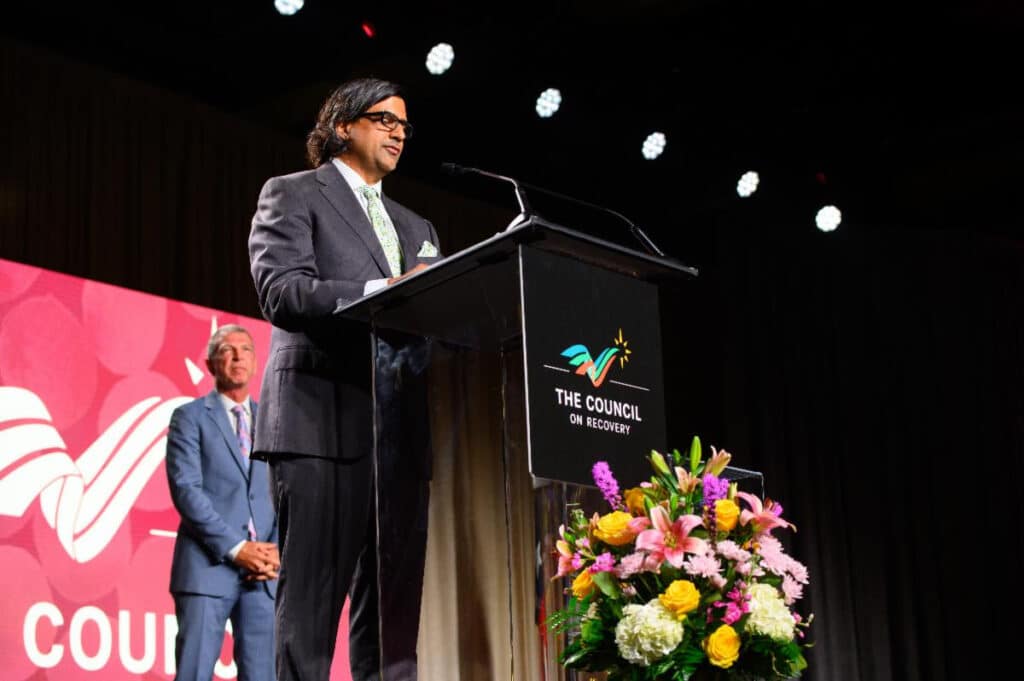
He credits his wife, Morgan, with providing constant support and a reason to maintain his sobriety. Neeraj also highlighted his rewarding involvement with The Council’s Cradles program, where he plays Santa at their Annual Holiday Party, describing it as the most wonderful part of his year. Through his experiences, Neeraj has redefined what it means to live a consequential life, aiming to be a reliable presence for others struggling with addiction.
Board of Trustees Chair Amanda Polich reflected on the Council’s commitment to making treatment accessible, noting, “We made a promise never to turn away a family in need of treatment.” To fulfill this promise, the luncheons have raised over $22.2 million. Despite the growth in treatment options and innovations, the cost remains a significant barrier.
To address this, Polich announced the launch of The Council’s Treatment Fund, seeded by a $150,000 donation from an anonymous donor. She urged attendees to contribute, using the donation methods provided at their tables, ensuring that all funds raised would directly support families in need of treatment.
Keynote Speaker Brené Brown then took the stage in an entertaining, thoughtful, and inspiring speech. Brené Brown shared poignant reflections on the importance of sobriety in her life, stating, “Every meaningful and important thing in my life, I owe to my sobriety.” She emphasized the transformative role of connection in overcoming addiction, remarking, “In the absence of connection, there is always suffering.”
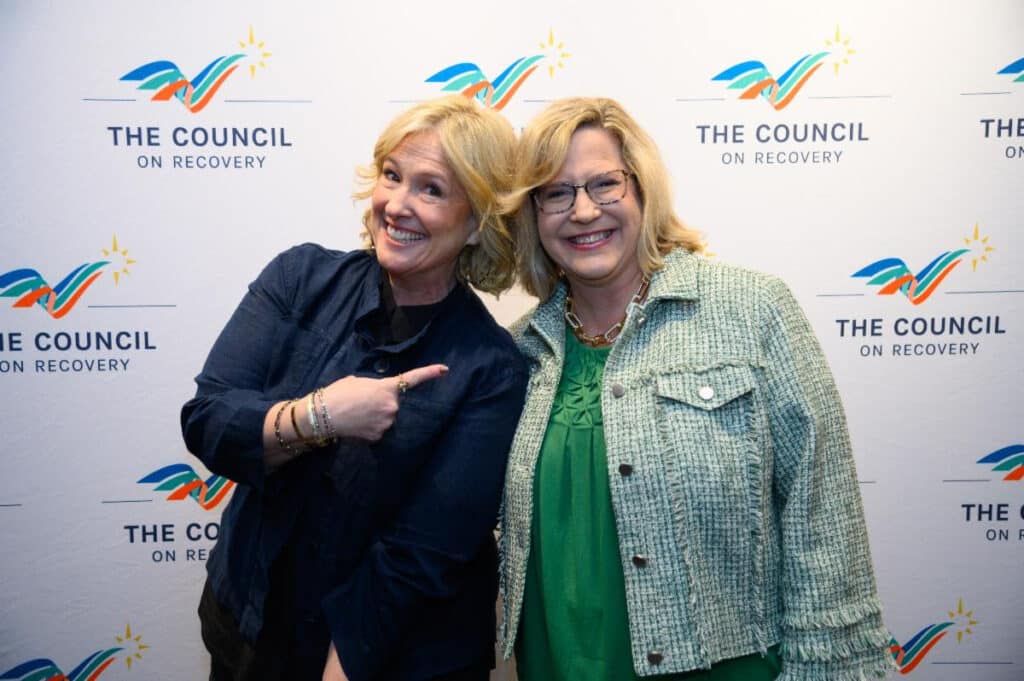
Brown highlighted the contrast between addiction’s isolation and the community’s power, expressing gratitude for organizations like The Council that champion support for those unable to afford treatment. She noted, “I’m so grateful for The Council and their commitment to doing work on the hardest edges of love.”
Brown’s message underscored the necessity of community and mutual support in recovery, concluding with a powerful reminder: “We don’t have to do it alone. We were never meant to.”

